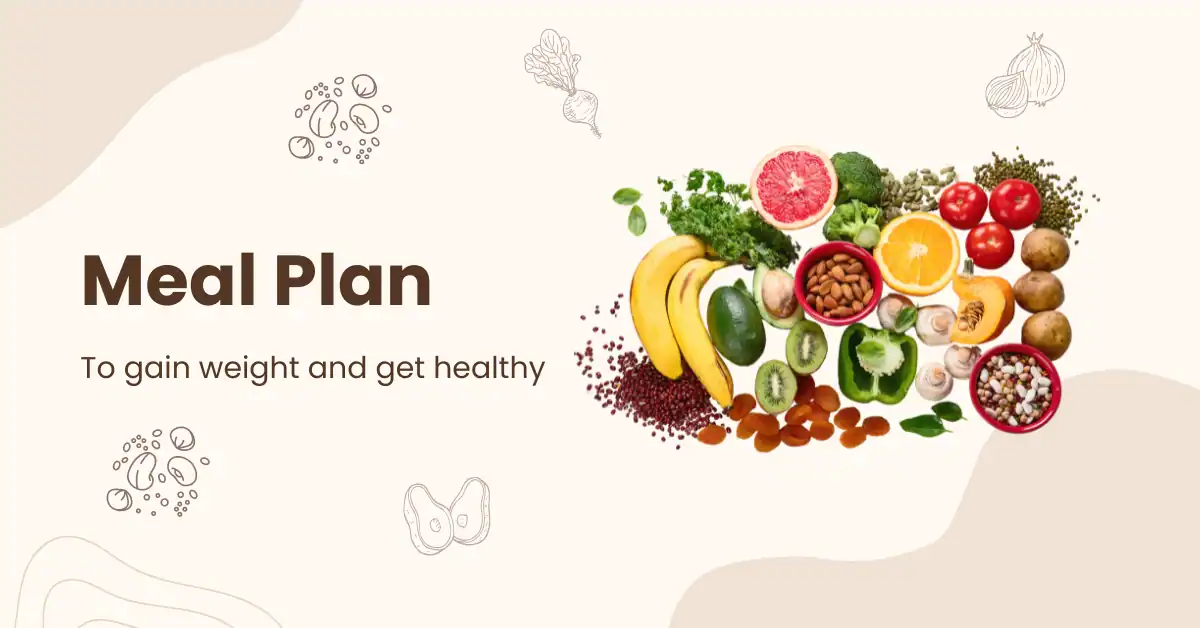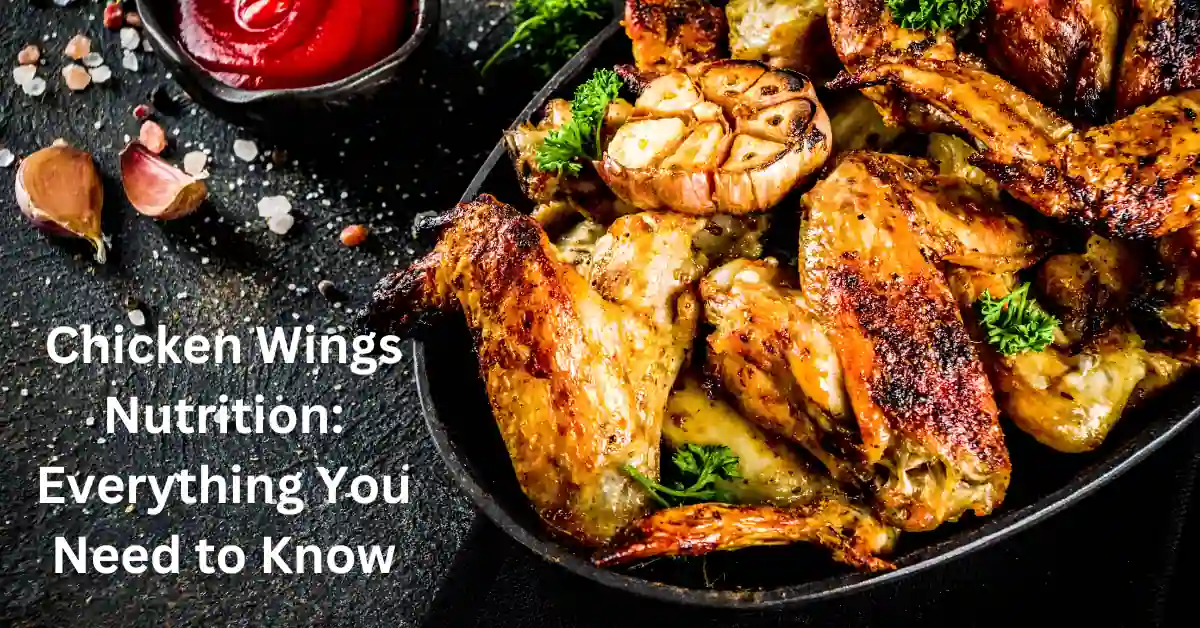When most people think of diet plans, they focus on weight loss. But what if your goal is to gain weight in a healthy and sustainable way? Whether you want to build muscle, recover from an illness, or simply add a few pounds, following the Best Diet Plan for Weight Gain can help you achieve your goals while maintaining your overall health.
Gaining weight can be just as challenging as losing it, especially if you have a fast metabolism or health conditions that make it difficult. This guide will help you explore the Best Diet Plan for Weight Gain, focusing on nutritious, calorie-dense foods that promote healthy weight gain.
Table of Contents
ToggleUnderstanding the Importance of Weight Gain
Why would someone want to gain weight? Many people aim to lose weight, but some struggle with being underweight because of genetics, high metabolism, or health issues. In such cases, following the Best Diet Plan for Weight Gain is essential for improving health, building muscle, and boosting energy. If you’re interested in keeping your fitness on track while working toward your goals, you can read more in our post about 20 Fitness Tips to Boost Your Routine.
Why Do Some People Struggle to Gain Weight?
If you’ve tried to gain weight but found it challenging, you’re not alone. Some individuals have naturally fast metabolisms, while others may experience health problems, digestive issues, or stress that suppresses their appetite. Understanding these factors is key to crafting the Best Diet Plan for Weight Gain that suits your body and goals.
How to Approach a Healthy Weight Gain Strategy
Calculating Your Caloric Needs
To gain weight, you need to consume more calories than your body burns. A good goal is to eat 300-500 extra calories per day beyond your maintenance level. Tools like calorie calculators can help tailor the Best Diet Plan for Weight Gain to your specific needs.
The Importance of Macronutrients
The Best Diet Plan for Weight Gain requires a balanced intake of macronutrients—protein, fats, and carbohydrates.
- Protein: Essential for muscle growth, you should aim for 1.5 to 2.2 grams per kilogram of body weight. Sources include chicken, fish, eggs, and plant-based options like lentils.
- Healthy Fats: Calorie-dense and crucial for weight gain, fats offer 9 calories per gram. Prioritize healthy fats like avocados, nuts, and olive oil.
- Carbohydrates: The primary energy source, carbs are vital when you’re working out regularly. Choose complex carbs like oats, brown rice, and sweet potatoes for steady energy.
Best Foods for Weight Gain
Here’s a breakdown of nutrient-dense foods that are perfect for the Best Diet Plan for Weight Gain:
- Protein-rich foods: Chicken breast, eggs, Greek yogurt, tofu, protein shakes.
- Healthy fats and oils: Avocados, olive oil, nuts, peanut butter.
- Carbohydrate sources: Whole wheat pasta, brown rice, quinoa, oats.
Sample 7-Day Weight Gain Meal Plan
To help you implement the Best Diet Plan for Weight Gain, here’s a simple 7-day meal plan:
Days 1-3:
- Breakfast: Scrambled eggs with spinach, avocado on whole wheat toast, a banana, and whole milk.
- Lunch: Grilled chicken salad with quinoa, roasted sweet potatoes.
- Dinner: Salmon, brown rice, and steamed broccoli.
Days 4-7:
- Breakfast: Oatmeal with peanut butter, chia seeds, and berries.
- Lunch: Turkey and avocado sandwich with mixed nuts.
- Dinner: Grilled steak, mashed potatoes, and roasted vegetables.
Common Mistakes to Avoid During Weight Gain
While following the Best Diet Plan for Weight Gain, avoid these common pitfalls:
- Skipping meals: You need consistent calorie intake, so aim to eat every 3-4 hours.
- Not getting enough protein: Focus on protein at every meal to support muscle growth.
- Relying on empty calories: Junk food may add calories but lacks the nutrients your body needs.
- Neglecting strength training: Incorporating workouts helps ensure the weight you gain is muscle rather than fat.
Weight gain supplements: Are they Necessary?
While whole foods are the foundation of the Best Diet Plan for Weight Gain, supplements like protein powders or mass gainers can be helpful in some cases. However, they are not essential if you maintain a well-rounded diet. Always consult a healthcare provider before using supplements.
Conclusion: Achieving Your Weight Gain Goals
Gaining weight doesn’t must be overwhelming. By following the Best Diet Plan for Weight Gain and focusing on nutrient-dense foods and proper strength training, you can gain weight healthily and sustainably. Consistency and balance are key to achieving your weight gain goals. For extra motivation along your journey, take a look at our article on How to Stay Motivated to Lose Weight, which can also be applied to weight gain goals.
FAQs
What is the best time to eat to gain weight?
The best time to eat for weight gain is every 3-4 hours throughout the day to keep your metabolism active and ensure consistent calorie intake.
How long does it take to see weight gain results?
Results vary depending on your caloric intake and workout routine. Most people start seeing noticeable results in 4-6 weeks.
Can I gain weight without exercise?
Yes, you can gain weight without exercise by eating a calorie surplus, but incorporating strength training ensures the weight gain is primarily muscle.
Is fast food a good option for gaining weight?
While fast food can help you gain weight, it’s not recommended as a primary source because it’s often high in unhealthy fats and low in nutrients.
How can I gain weight with a fast metabolism?
To gain weight with a fast metabolism, you’ll need to eat even more calories, focusing on calorie-dense foods like healthy fats, proteins, and carbs.






